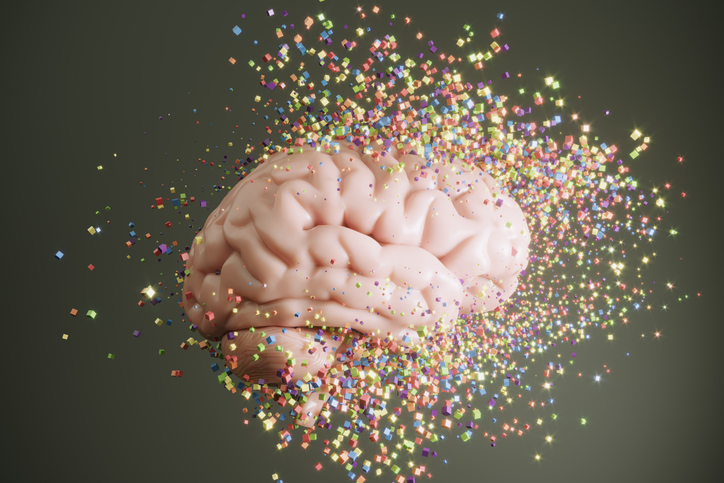
People with autism possess certain augmented characteristics such as hyper focus, attention to detail, and creativity, which help them at work and in their personal relationships, according to a study published in Autism in Adulthood.
In this study, researchers conducted 28 semi-structured interviews of 24 adults with autism. Maximum variation sampling was implemented to ensure diversity in relation to support needs. The sample consisted of three categories organized around levels of support received:
- More than 25% of the sample received low-level support (living independently).
- More than 25% of the sample received mid-level support (having a live-in caretaker).
- More than 25% of the sample received high-level support (living in full-time residential care).
The researchers queried the participants on which personal traits attributed to their autism, and how those traits have aided in the workplace, in relationships, and beyond. They collected data in two stages – stage one, they interviewed 13 participants while transcribing data. Subsequently, initial analysis identified candidate themes. At which point, researchers conducted a secondary assessment of data aggregation, seven months following the first collection period. Stage two interviews inquired about more targeted questions regarding emerging themes. They researchers emphasized to the participants the value of their contributions, as well as being cognizant of changes in the conversational tone with respect to signs of reticence, disinterest, or misunderstanding.
According to the results of the study, hyper focus, attention to detail, and the ability to remember were the abilities that autistic people said benefitted them most often. Frequency of word occurrence were represented in a word cloud. However, autistic adults who were interviewed said that although their autistic traits were sometimes helpful, at times the traits hindered their progress. Therefore, the same trait that might be useful in some circumstances could be unhelpful in other situations. For example, hypersensitivity led one study participant to enjoy nature, but made it difficult for them to cope with crowded streets. The study highlighted this interchangeability.
#Autism brings qualities which help at home and at work, study shows @uniofexeter https://t.co/z27tBGAN2k
— Medical Xpress (@physorg_health) April 5, 2019
Positive Impact
“It could be useful to think about autism in a way that does not focus on deficits and this study will help us to do that,” researchers wrote about the study’s findings. “Plus, if an autistic trait can give people an advantage or a disadvantage, interventions aimed at reducing autistic behaviors might risk dampening advantageous traits as they seek to help with difficulties. That means, autistic adults and children might lose useful abilities when and if they are treated for traits that can also be problematic.” The researchers further noted that they hope their study will “lead to more discussion about these types of ideas.”
Dr. Ginny Russell, who led the research, said in a press release that “Talking more about the positive impact of autism may help to foster a more rounded vocabulary in autism discourse for clinicians, autistic individuals, and their families.”
Autism brings qualities which help at home and at work, study shows – Patient Talk https://t.co/2EPHeAVPIu
— Autism and Friends (@autismtalknd) April 6, 2019
Autism brings qualities which help at home and at work, study shows https://t.co/icHxYCAUOl
— Bioengineer.org (@bioengineerorg) April 7, 2019







 © 2025 Mashup Media, LLC, a Formedics Property. All Rights Reserved.
© 2025 Mashup Media, LLC, a Formedics Property. All Rights Reserved.